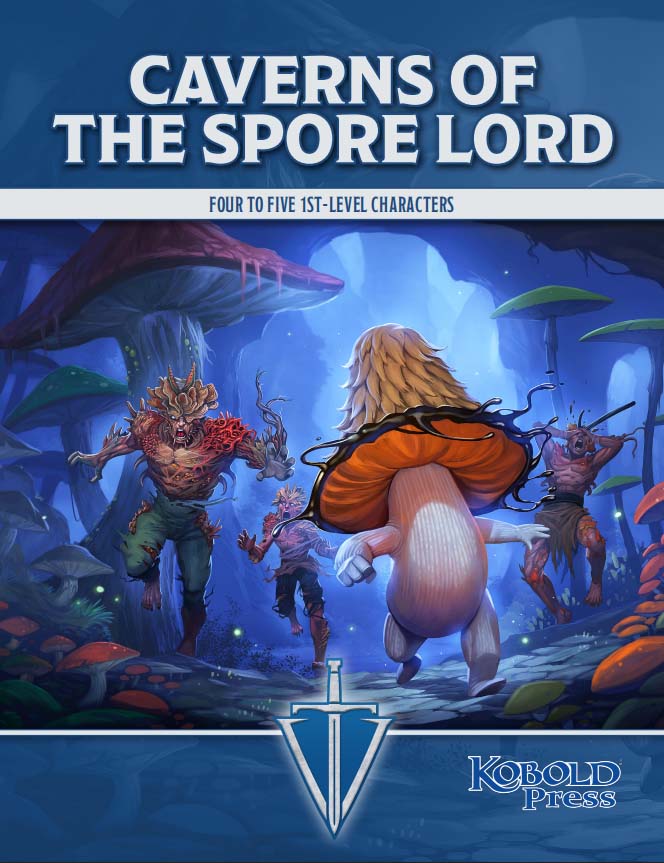Yes, our series on D&D Economics continues, this time stepping into the economics of the dark side. Well, more than usual.
Rule 21: No one is above avarice. Think of the best, most selfless person you know: that guy will pull hunks of melted copper off of the corpses of orphans if he thinks it might bring him a single inch closer to buying a new sword. [More…]
Rule 22: Money spent on non-essentials might as well be thrown off a cliff, and shopping for non-awesome stuff is time wasted. Every pair of pants is identical, every set of boots is interchangeable, and unless the coat deflects fire-blasts, it is useless to you.
Rule 23: Poisons & explosives are over-priced, dangerous to their user, way too slow acting, and worst of all, piss-weak. They don’t work on half the monsters you’ll bump into – just on you. Save your money for ale and whores.
Rule 24: There are no rich losers, and there are no poor winners.
Rule 25: Money cannot buy happiness or respect. It can, however, buy you a flying castle with magical cannons that shoot flaming zombies at your foes, which is a fuck-load better than either happiness or respect, which are VASTLY over-rated to begin with.
Rule 26: Fresh corpses are the only legitimate form of commerce.
There is no such thing as large-scale trade between kingdoms, realms, or gods-help-you, The Planes. Any business plan more elaborate than a farmer walking his cow to market is invariably the evil scheme of power-hungry undead potentates seeking to enslave the realm and poison the land under the flimsy guise of “commerce”.
Mass manufacturing only results in irate lizardmen raiding your keep “For Gaia!” and complaining about pollution. Or your R&D department of ethically-challenged wizards will summon/raise/create some unspeakable horror of unnatural badness that is 100% immune to all of the cool items you gathered legitimately from the corpses of fallen foes.
Rule 27: You want to cast spells, you better be ready to have some stinky pockets. A free and limitless source of bat guano or sulfur has absolutely no value as fertilizer or insecticide. It is, however, a major prerequisite for learning how to alter reality with your mind, because walking into a store and asking for 50 drams of bat poop is just so uncool.
Rule 28: On that topic: in addition, if you require, for your profession, bizarre and esoteric objects/substances like pinches of multi-colored sand, hunks of iron pyrite, live fireflies or small wooden replicas of archery targets, no worries – no one will ever charge you for these, and once bought, you will never run out of them.
On the other hand, you will most assuredly soon find yourself spending hundreds of thousands of dollars a week on diamonds, saffron, rubies, bits of silver and pearls the size of your fist with the sole intention of crushing them up into a fine powder and either consuming them (possibly snorting them, we’re not sure) or rubbing them all over your naked body.
Your friends are also going to demand that you to spend weeks locked in seclusion, kissing the asses of various spirits and demons in order to get them some discount magical shit, which will cost YOU both money and raw life force – often, they will not take ‘no’ for an answer, and (because you are both tiny as well as smart) they are probably more than able to easily lift you over their heads and shake you until bat guano comes out of your pockets.
Rule 29: Caravans often travel to places where adventures can be found. Just pick the one that sounds the most suicidal-dangerous. It’ll do. The pay for being a guard on such a caravan is miniscule; however, creatures that carry on their persons objects whose total value invariably exceeds that of the entire inventory of the caravan will inevitably attack said caravan, and soon.
While it can be logically argued that such creatures would never have accumulated such wealth had they simply paid for the goods and gone on their way, it remains a mystery as to why adventurers don’t simply buy the caravan, throw the goods in a ditch, and have the guides lead them to the next plot hook without mucking around with wagons and other goods which limit the deployment of area spells.
Rule 30. The only job that pays anywhere near the amount of money that can be made killing the living and stealing their stuff is digging up the dead and stealing their stuff.
If every dead body in the world was dug up and looted the resulting deluge of gold, gems, precious metals and magic items would immediately and irrevocably burst the speculative “artifact bubble” triggering a world wide depression.


Interesting article here, well written and much to think about. I wound up in a discussion with my wife over this subject earlier.
Excellent post, couldn’t agree more. I found your post through Google.